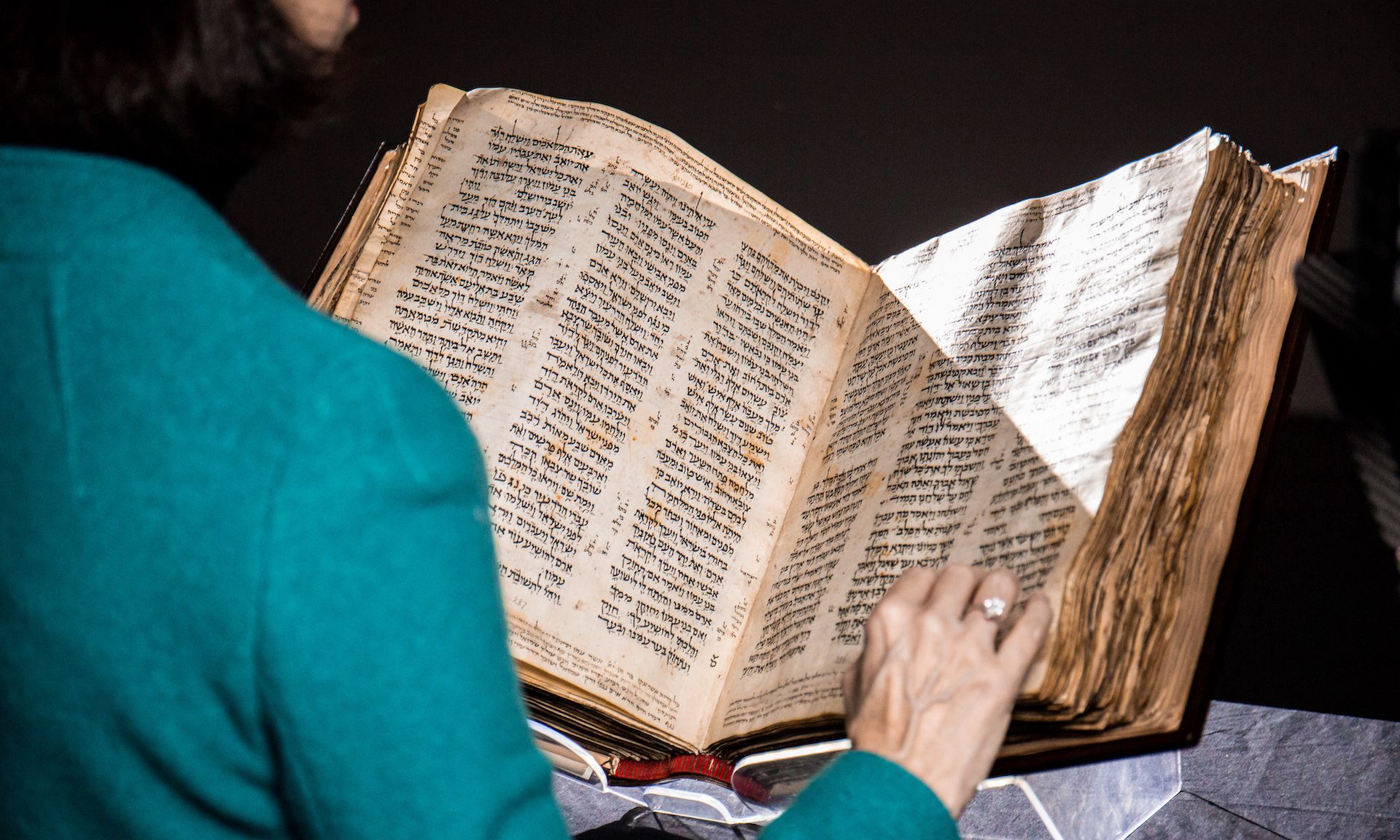The Codex Sassoon Courtesy Sotheby's
A 1,100-year-old Hebrew Bible known as the Codex Sassoon broke a nearly 30-year-old auction record on Wednesday (16 May) when it sold for $38.1m (including fees) in a single-lot sale at Sotheby's in New York. The result makes it the most valuable manuscript ever sold at auction. The auction house had expected it to sell for between $30m and $50m; a four-minute bidding battle between two would-be buyers sent it clear of its low estimate.
The earliest and most complete Hebrew Bible in existence, Codex Sassoon dates to the late ninth or early tenth century, and provides critical insights into the history of Abrahamic civilisations, cultural influences and religious practices.
"In Codex Sassoon, a monumental transformation in the history of the Hebrew Bible is revealed, bringing to light the full story of the Hebrew Bible that had previously never been presented in book form," Sharon Mintz, a senios specialist in Judaica at Sotheby's, said in a statement. "Codex Sassoon marks a critical turning point in how we perceive the history of the Divine word across thousands of years, and is a transformative witness to how the Hebrew Bible has influenced the pillars of civilisation–art, culture, law, politics—for centuries."
The single-lot sale of the Codex Sassoon at Sotheby's in New York on 17 May Courtesy Sotheby's
The sale price surpassed Leonardo da Vinci’s Codex Leicester manuscript, which Microsoft co-founder Bill Gates bought for $30.8m (including fees) at Christie's in 1994.
The Codex Sassoon was acquired by the American diplomat Alfred H. Moses on behalf of the American Friends of ANU, a New York-based organisation that support the Museum of the Jewish People (ANU) in Tel Aviv, Israel. The manuscript will ultimately enter ANU’s permanent collection.
The Codex Sassoon was most recently on public view at the ANU in March as part of Sotheby’s international traveling exhibition in anticipation of the auction, attracting more than 20,000 visitors on its tour to London, Los Angeles and Dallas, according to the auction house. The manuscript was named for its former owner, David Solomon Sassoon (1880-1942), who amassed what is considered to have been the most important private collection of Judaica and Hebraica manuscripts ever assembled.

